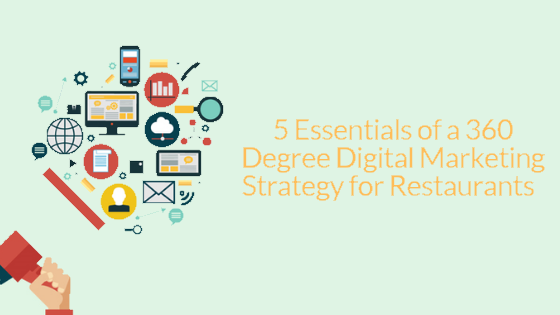Key Takeaways
- Craft a strong brand identity: From colors to content, it builds trust, boosts recognition, and increases conversions.
- Local SEO is a must: 87% of people search online before choosing a restaurant, so optimize your Google listing to appear at the right moment.
- Email marketing still rules: With an average ROI of $36–$42 per $1 spent, use it to build relationships and drive repeat orders.
- Loyalty programs turn one-time diners into regulars: Invest in a direct online ordering system to automate and personalize rewards and promos.
- Track those KPIs: From email CTR to ad ROAS, monitoring your KPIs helps you spend smarter and market better.
- Invest in an online ordering system: Build your brand, promote offers, and use customer insights to run high-impact campaigns without hiring a full-fledged team.
Great food doesn’t sell itself. Even the most mouthwatering dishes need the right spotlight. And in today’s world, the spotlight is digital. According to Deloitte, restaurants investing in digital marketing strategies grow their revenue 2.5X faster than those that don’t.
It’s no surprise that a strong marketing strategy can bring in more customers, save time and money, and eliminate the guesswork involved in growing your restaurant business.
Whether you’re trying to get noticed on Google, fill tables on slow days, or remind customers you exist, this blog post will show you how to build an effective marketing strategy.
Craft a Brand That’s Unmistakably You
Why does branding matter, you ask? It helps build trust with customers, stand out in crowded markets, create emotional connections, and makes marketing easier.
Customers don’t just pick items based on the menu; they’re influenced by how the app or site looks, what it says, and whether it feels right. That’s how a cohesive brand makes the user feel.
Your logo, color scheme, typography, and tone of voice silently guide customer behavior.
Psychology says:
- Colors trigger emotions: Red can boost appetite (think of pizza chains), while green signals freshness (think Subway) and smoothies.
- Fonts and visuals set the tone: A handwritten font suggests artisanal and cozy, while bold, clean typography suggests a modern and fast-paced chain.
- Messaging makes ordering easy: Ordering from your app should make customers feel like they’re texting a friend!
For instance, with RestoLabs, you can create a fully branded online ordering site that looks and feels like your restaurant.
Choose your colors, logo, and menu layout to match your brand, maintain a consistent experience across web, app, and QR ordering, and keep full ownership of your customer data.
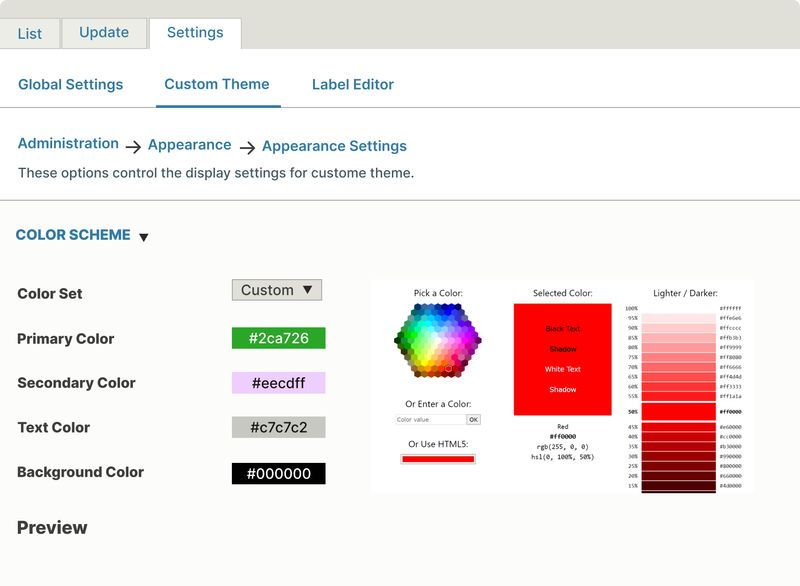
When your visuals and voice are defined, creating everything, from social media posts to menu designs becomes easier and faster.
Become the Go-To Spot for Customers With Local SEO and Google Listing
Once you have a brand identity, the next step is to attract customers.
Did you know 87% of customers use Google to find local businesses? This means before a hungry customer glances at your menu, they’re likely typing “best burger places near me” into Google. And if your restaurant doesn’t show up, that’s a missed opportunity on a plate.
To rank higher in your “Near me” searches, make sure your Google Business Profile is fully set up and optimized. Use high-quality photos of your food, space, and team, as profiles with photos get 42% more direction requests on Google Maps.
Keep your hours, menu, and key info current, especially around holidays or specific promotions. Highlight what makes your spot worth visiting (unlike the generic example below).
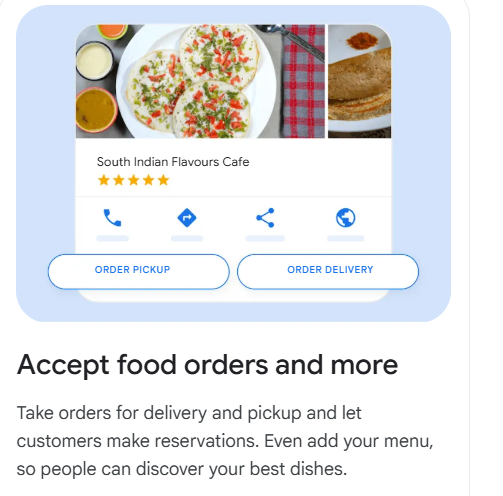
Google puts your restaurant on the map, social media puts it in people's minds.
Feed the Scroll and Create Engaging, Shareable Content Online
In 2021, Babybel’s “Snack Heroes” campaign effectively utilized user-generated content (UGC) to improve brand engagement during the back-to-school season.
They collaborated with creators, provided detailed brand guidelines and encouraged content showcasing their cheese snacks in everyday family settings.
This approach highlighted the product’s convenience and resonated with parents seeking relatable snack options for their children.
Similarly, you can create a campaign that integrates a food item seamlessly into daily routines, making it a go-to choice for busy families (or friends, depending on your customer base). But how do you choose the right platform for restaurant digital marketing?

First of all, understand where your target audience spends their time and what content they engage with. For instance, a casual eatery targeting young adults might focus on TikTok and Instagram, while a family-oriented restaurant could benefit more from Facebook’s community features.
Twitter and Pinterest are also among the best social media platforms to consider in 2025. For example, as shown below, Olive Garden posts funny tweets to keep its customers engaged.
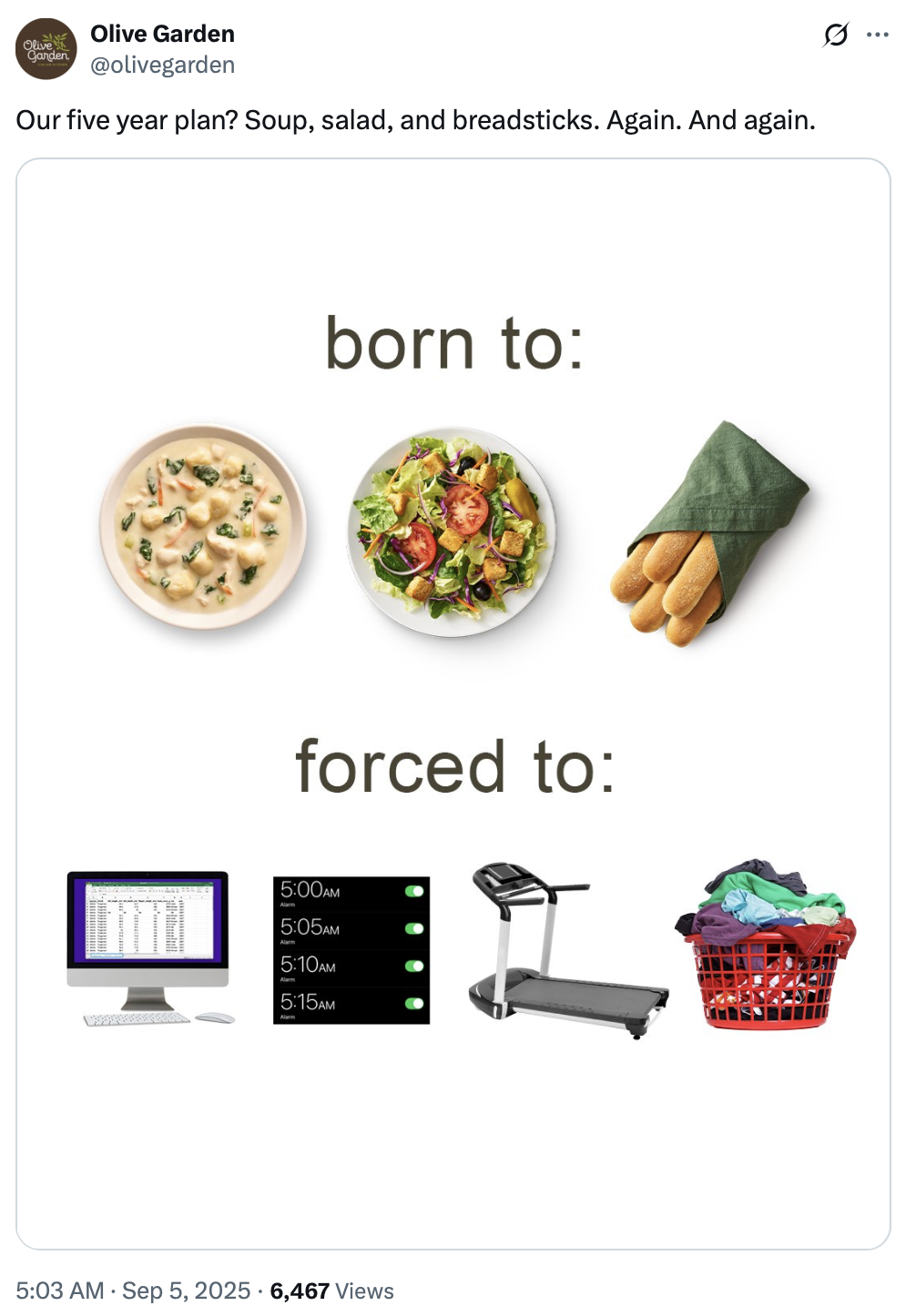
Meanwhile, 25% of social media users want more brands to use Pinterest.
You can use the visual discovery platform to create thematic boards to display seasonal menus, customers, events, etc., and use Rich Pins to provide extra information, like ingredients and pricing, directly on the pin.

Also, don’t underestimate the long-term value of blog posts. Beyond just filling up your content calendar, regularly publishing blogs with relevant keywords significantly improves your restaurant’s SEO.
Whether you’re sharing seasonal recipes, behind-the-scenes stories, or updates about new menu items, each blog post adds indexed pages to your site, giving Google more content to crawl.
Read more: Why Your Restaurant Needs a Blog for Online Success
Turn First-Timers Into Regulars With Rewards and Loyalty Programs
Getting a new customer in the door (or to place that first order) is great. But turning them into a repeat visitor? That’s where your profits start to grow.
A loyalty program is a proven way to boost customer retention, increase order frequency, and make your restaurant the go-to spot in a crowded market.
With Restolabs, setting up loyalty rewards and welcome offers is simple. You can create points-based programs, offer discounts for first-time orders, or add bonuses for milestones like a customer’s second visit.
Small gestures such as “Get 20% off your first order” or “Earn extra points on your next meal” can make a lasting impression and keep guests coming back.

For restaurants with an existing customer base, Restolabs makes it easy to elevate your loyalty program. You can design promo codes and special offers based on what your customers enjoy most, using the insights from their order history.
For example, if someone often orders a vegan pizza, you can send a tailored offer like “Your favorite Vegan Margherita is 20% off this weekend.” Personalized rewards like these strengthen relationships and encourage repeat orders—from a single dashboard.
Stay on Top of Their Mind With Email Marketing
Customers don’t think about your restaurant daily. But email marketing lets you gently nudge your way back into their inboxes. Whether it’s a limited-time offer, an anniversary freebie, or a behind-the-scenes peek, emails help you stay part of your customers’ dining decisions.
Plus, email marketing is still one of the most cost-effective strategies for restaurant marketing, with an average email open rate of 34.23%. You can turn those opens into table bookings and online orders with the right approach.
Here’s how to build your email list:
- Start with what you have – Use your POS system, online ordering systems, reservation tools, and loyalty program to collect emails from real customers
- Add email opt-ins on your website – Encourage email sign-ups, especially during checkout or when promoting exclusive deals, to collect customer information and nurture long-term relationships.
- Incentivize sign-ups – Offer a discount or free item for first-time subscribers.
Once you’ve built your email list, segment your audience based on behavior.
RestoLabs’ data analytics makes this easy by giving you insights into customer preferences. Based on that, customize your subject lines and offers, like “Free tiramisu on your birthday, John!” instead of a generic “20% off.”
With full access to your customer data, Restolabs lets you easily connect with tools like Mailchimp or Sender to send bulk emails, set up simple nurture sequences, and run larger campaigns that keep you in touch with your guests.
For example, you might create a birthday offer, a reactivation discount, or a thank-you message for repeat customers. As your list grows, these integrations save time and keep your communication consistent.
Do Community Collabs for Fresh Foot Traffic
Community collaborations are a fantastic way to build relationships with your neighborhood and bring fresh foot traffic into your restaurant.
Team up with local businesses like bakeries, breweries, bookstores, or gyms to co-host events or offer bundled promotions. For example, a pizza-and-pints night with the neighborhood brewery or a pop-up brunch at a nearby flower shop. Such cross-promotional efforts expose your restaurant to an entirely new customer base.
You can also leverage local events and food holidays to stay culturally relevant and top-of-mind. Hosting a taco challenge on National Taco Day or giving away mini donuts on National Donut Day can be fun ways to attract new fans.
You don’t have to remember all the quirky holidays if you use a restaurant marketing calendar and plan promotions ahead of time!)
Analyze Key KPIs Regularly to Track and Tweak Your Strategy
Whether you’re running email campaigns, experimenting with Instagram reels, or spending a budget on Google Ads, knowing what’s working (and what’s not) helps you double down on smart strategies and cut the fluff.
Here’s a quick breakdown of what to track by channel:
Email marketing KPIs
- Open rate: See if your subject lines are catching attention. (A low open rate hints at improving subject lines and body content.)
- Click-through rate (CTR): How many readers clicked inside the email? Even if users open your emails, the clicks measure engagement and relevance.
- Conversion rate: Are those clicks leading to purchases or sign-ups? This is the ultimate KPI to measure ROI.
- Unsubscribe rate: A pulse-check your audience's interest and fine-tune your strategy to retain them.
Use Restolabs’ sales analytics dashboard to track online sales revenue, order trends, and customer behavior. You can filter customers by purchase frequency or preferences to plan targeted promotions and monitor how your offers perform in real time.
Social media marketing KPIs
- Engagement rate: Likes, comments, and shares per post reflect how well your content connects with your audience.
- Reach vs. impressions: How far is your content traveling? It helps you understand unique visitors and whether the content gets repeated visibility.
- Follower growth: Are your campaigns attracting new eyes? Steady growth indicates increasing brand awareness.
Google and Meta ads KPIs
- CTR: Is your ad copy doing its job? A strong CTR means your headline, copy and visuals are relevant.
- Cost per click (CPC): Are you overpaying for traffic? This tells you how much you spend for each site visitor.
- Conversion rate: Are your ads leading to completed orders? After all, you want sign-ups, not just clicks.
- Return on ad spend (ROAS): Are you making money? This shows how much revenue you generate on every dollar spent and identifies whether the campaigns are worth the investment.
If your goal is to drive revenue while keeping acquisition costs low, Google and Meta Ads are worth scaling.
Of course, email marketing should remain a staple for nurturing existing customers and driving repeat business, while Instagram is great for visibility. However, it doesn’t warrant a paid budget unless you repurpose those posts into retargeting ads that typically convert better.
Create a Purpose-Built Restaurant Marketing Strategy With RestoLabs
With RestoLabs, you can build smarter, more targeted marketing campaigns using real customer insights. Track order behavior, analyze key performance metrics, and design offers that bring customers back again, while keeping full control of your brand and customer data.
Here’s what you can do with RestoLabs:
- Launch a branded website: Customize colors, layouts, and checkout flow to reflect your restaurant’s style and create a consistent guest experience across all ordering channels.
- Reward loyal customers: Set up loyalty programs that let diners earn points, redeem rewards, and stay engaged with your restaurant.
- Promote targeted offers: Add banners and pop-ups that highlight your latest deals right where customers are ready to order.
- Understand and optimize performance: Use the sales analytics dashboard to monitor trends, track customer behavior, and refine your marketing based on real data.
Restolabs brings your online ordering, loyalty, and marketing tools together in one easy-to-manage platform. Book a demo today and see how Restolabs helps your restaurant reach more customers, increase repeat orders, and grow your brand.
Frequently Asked Questions
A restaurant’s digital marketing strategy aims to attract, engage, and retain customers by leveraging various tools such as social media, email marketing, promotions, and local partnerships.
The 4Ps are Product, Price, Place, and Promotion. Product refers to your menu offerings, Price represents the value of those offerings, Place is your location (physical or digital), and Promotion includes all marketing efforts such as ads, events, and campaigns designed to attract customers.
The best restaurant branding strategy blends digital tools, such as SEO, email marketing, and branded mobile ordering apps, with strong local engagement. Focus on offering personalized loyalty programs and targeted promotions to boost repeat visits and create customer loyalty.
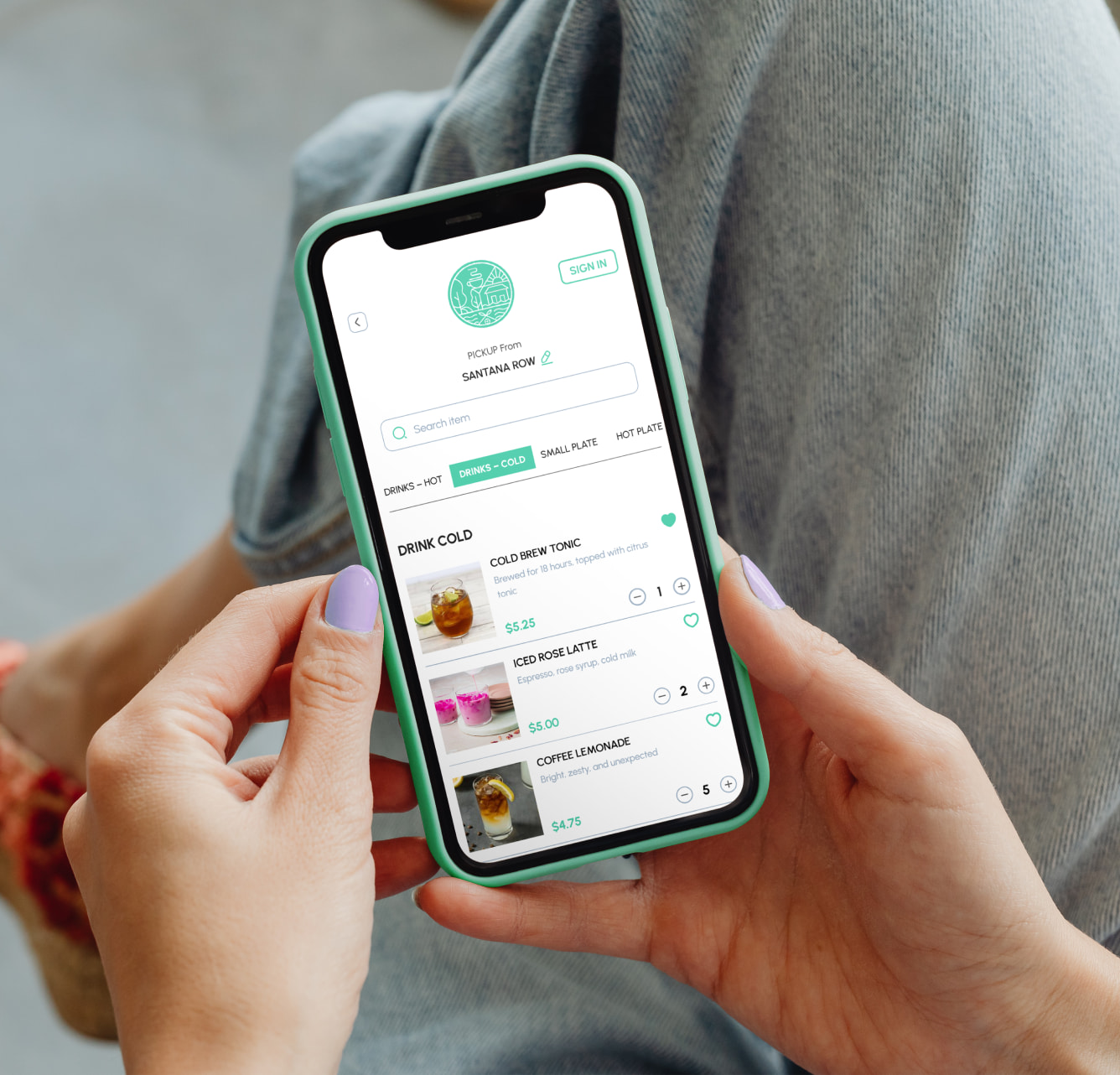

.gif)
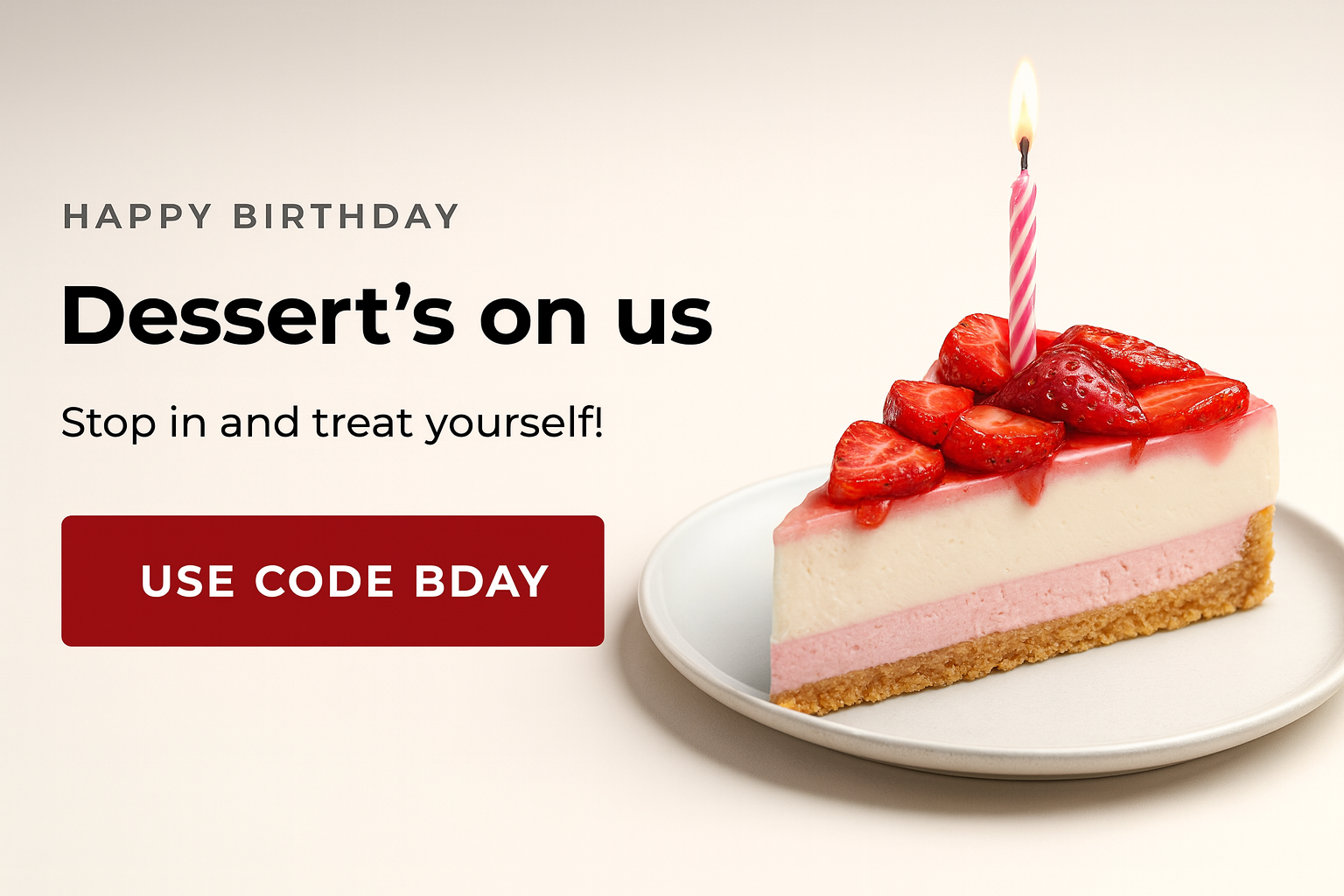
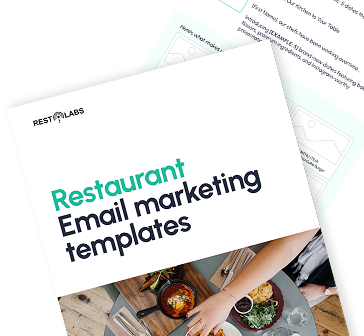
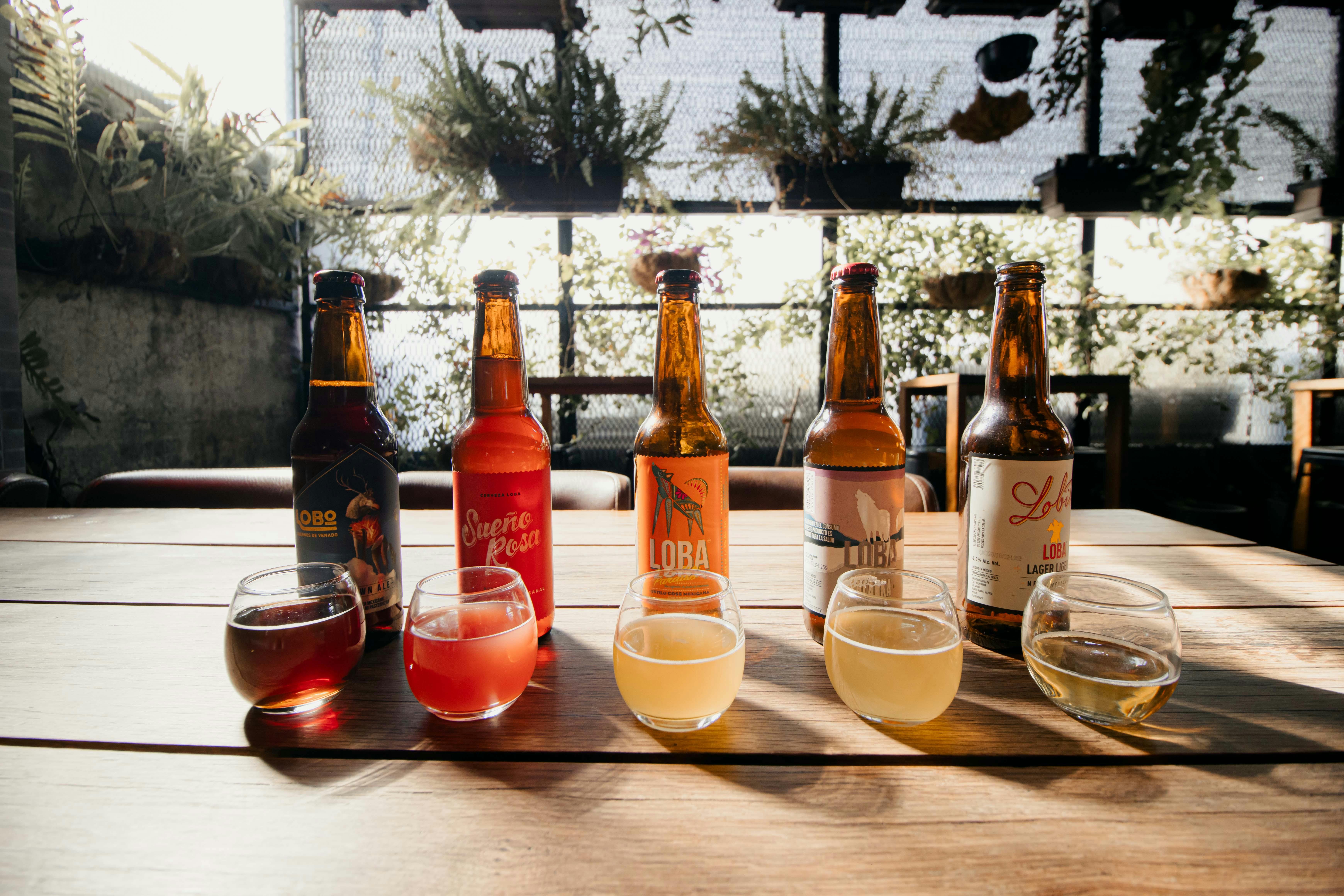
.png)
.png)
.png)
